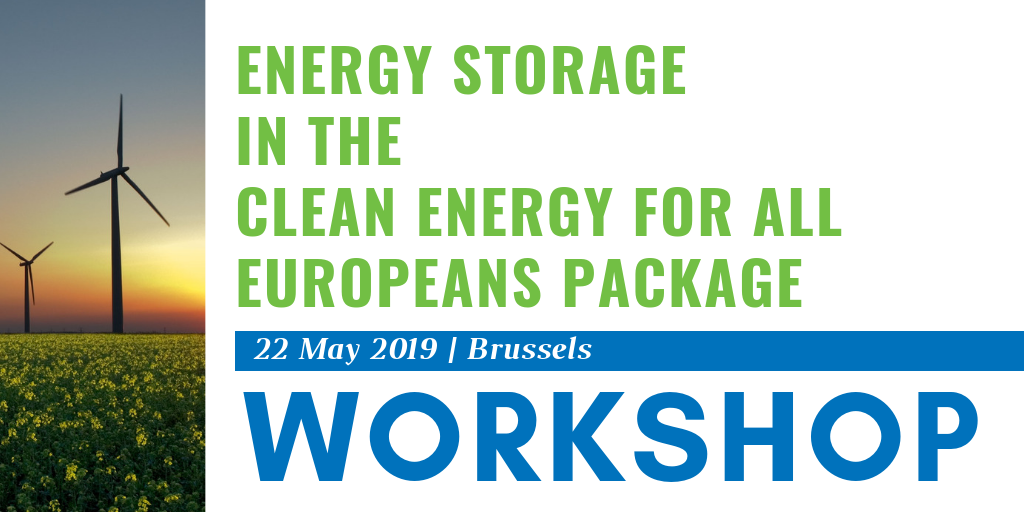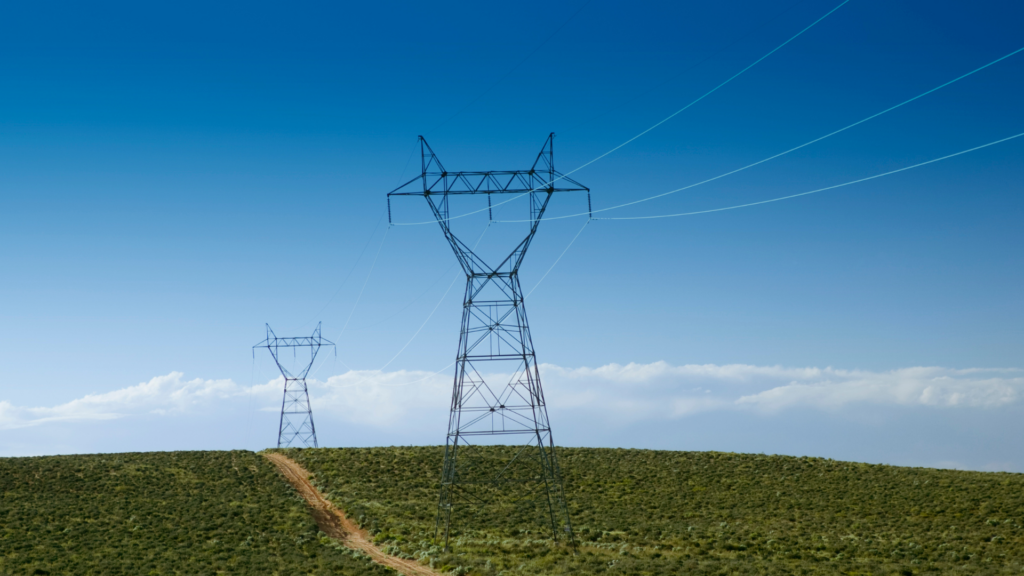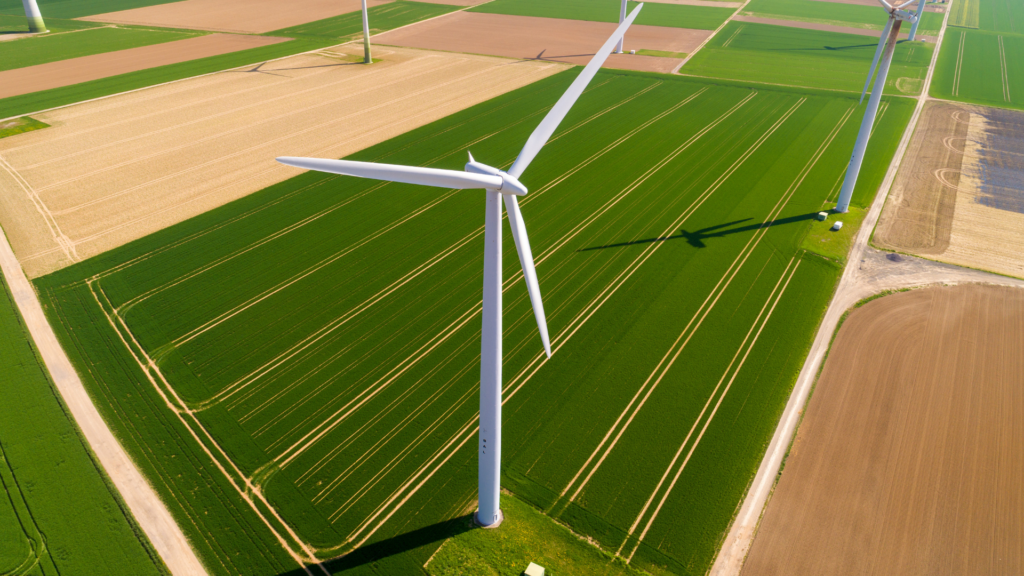24.02.2019 / News
Clean Energy for All Europeans Package
The EASE Secretariat has been working on the Clean Energy for All Europeans package since it was proposed by the European Commission in 2016. The final agreement was reached in December 2018 by the two co-legislators, the European Parliament and the Council of the European Union, and represents a great success for EASE.
The package aims at empowering consumers to become active consumers in the energy system, and through national energy and climate plans, Member States should commit to binding renewable energy targets, in view of the future decarbonisation goals. Moreover, a specific part of the package includes the establishment of a modern market design for electricity in Europe, in which energy storage can play a very important role.
Electricity Market Design
Together with the members, the EASE Secretariat analysed the approaches of Council of the European Union and of the European Parliament for the Electricity Market Design files. We then identified some main points that required further lobbying efforts during the trilogue discussions, which see the European institutions come together to discuss the files and reach a common agreement:
- The energy storage definition (article 2§47 of the Electricity Directive): we worked on making sure that the energy storage definition is technology neutral, encompassing all storage technologies and applications.
- The ownership of storage by regulated entities (articles 36 and 54 of the Electricity Directive): we sought to ensure that multi-service business cases will be allowed when a regulated entity will be given the right to invest in a storage facility. Multi-service business cases see a regulated entity and a market player share the ownership and/or operation of a single storage facility to maximise the value of this asset.
- Long-term contracts for storage in the balancing market (article 5§9 of the Electricity Regulation): EASE advocated for the possibility to have three-year contracts in the balancing market to allow for longer-term visibility of storage revenues.
We were proud to see that most of our lobbying efforts paid off: the definition which was finally agreed upon covers not only electricity in/electricity out technologies but also electricity in/energy out technologies. Contracts up to one year will also be allowed in the balancing market in various cases.
The value of storage is clearly recognised in several provisions:
- Storage is highlighted as a key element of the energy system;
- Storage is identified as a resource that should be subject to non-discrimination in network charging policy;
- The principle of market-based procurement for non-frequency ancillary services, including the participation of energy storage, is recognised.
EASE thanks the European institutions for their hard work and commitment on these two files and will now follow closely their transposition and implementation at Member State level.
Renewable Energy Directive
The European institutions also reached an agreement on the proposal for a recast Renewable Energy Directive.
EASE was very pleased to see that the European Union set an ambitious binding renewable energy target of 32% for the European Union for 2030, which is likely to trigger a 55% share of renewable energy sources in the electricity sector. Setting high renewable energy targets is of outmost importance: a higher level of ambition will not only help accelerate the energy transition, but also lead to a greater deployment of storage technologies across Europe. With this Directive, the European institutions also enshrined the right of active consumers to generate, storage, and consume their own electricity. This can support the installation of solar+storage systems at customer level:
- Charges and fees on self-consumed energy until 2026 are banned;
- Consumers can be remunerated for the self-generated renewable electricity fed into the grid at market value.
Finally, the European Union raised its ambition for the use of renewables in the transport sector, as well as the heating and cooling sectors. This is a promising development for storage technologies which are key to decarbonise and support the integration of higher levels of renewables in these sectors. EASE members follow these developments very closely, notably within the EASE Energy Storage and Mobility Working Group.





